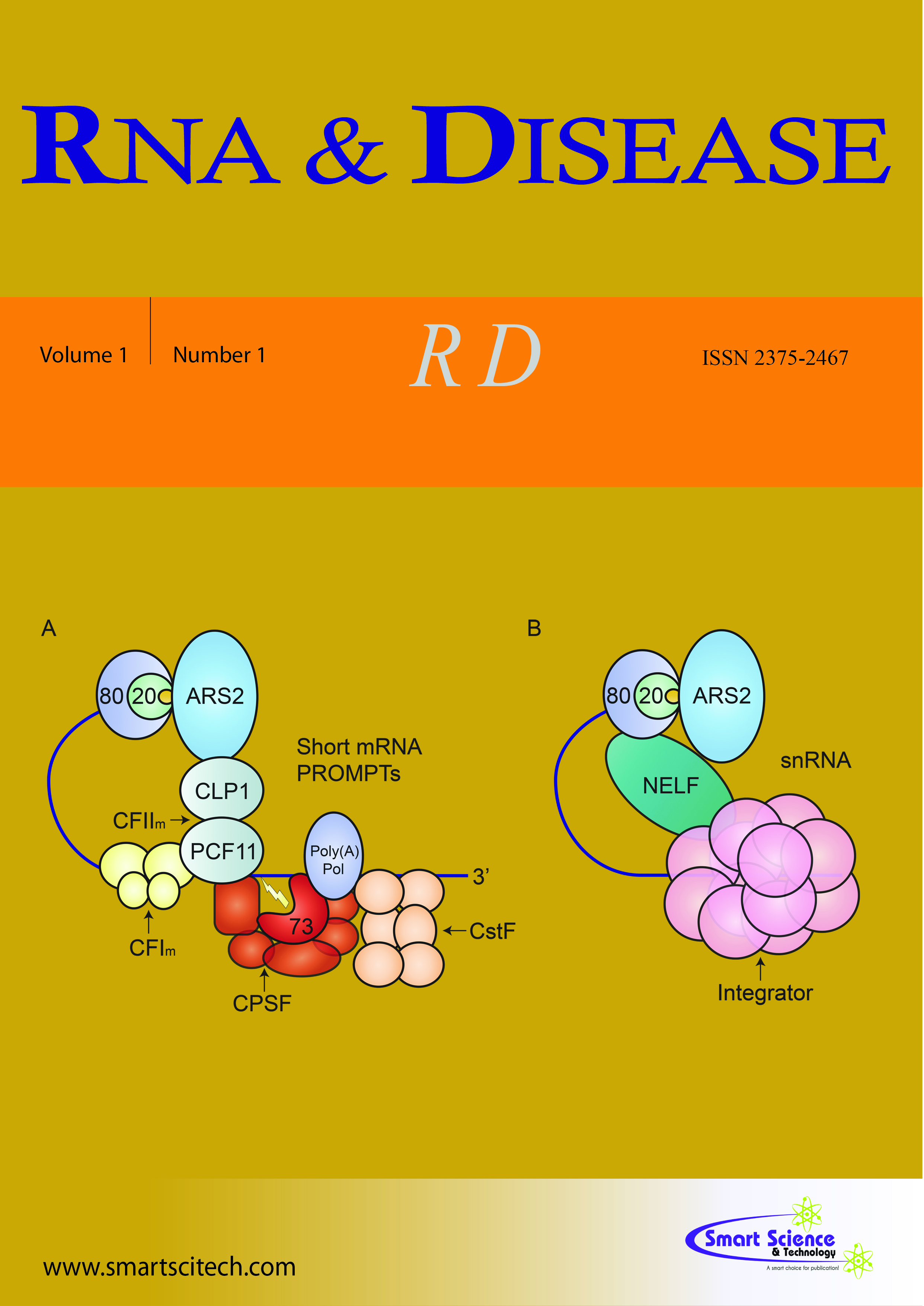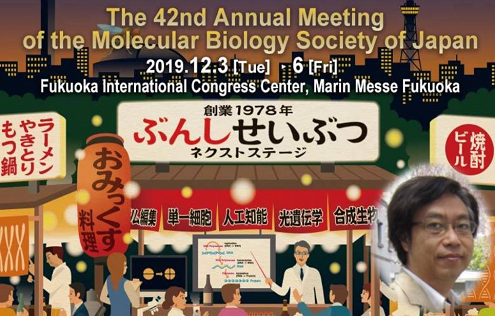Modulation of miRNAs by natural agents: Nature’s way of dealing with cancer
DOI: 10.14800/rd.861
Abstract
Accumulating lines of evidence have revealed that microRNAs (miRNAs) play critical roles in many biological processes, such as carcinogenesis, angiogenesis, programmed cell death, cell proliferation, invasion, migration, and differentiation. They act either as tumour suppressors or oncogenes, and alteration in their expression patterns has been linked to onset, progression and chemoresistance of various cancers. Moreover, miRNAs are also crucial for the regulation of cancer stem cells (CSCs) self-renewal and proliferation as well as control of Epithelial-to-Mesenchymal Transition (EMT) of cancer cells. Therefore, exploitation of miRNAs as targets for cancer prevention and therapy could be a promising approach. Several experimental and epidemiologic studies have shown that dietary intake of natural agents such as baicalin, ginsenoside, curcumin, resveratrol, genistein, epigallocatechin-3-gallate (EGCG), indole-3-carbinol, 3,3?-diindolylmethane (DIM) including antioxidants among others is inversely associated with the risk for cancer, demonstrating the inhibitory effects of natural agents on carcinogenesis. Moreover, the anticancer agents from natural plants have been found to inhibit the development and progression of cancer through the regulation of cellular signaling pathways. Importantly, natural agents also up-regulate the expression of tumor-suppressive miRNAs and down-regulate the expression of oncogenic miRNAs, leading to the inhibition of cancer cell growth and cancer stem cell self-renewal through modulation of cellular signaling network. Furthermore, natural agents also regulate epigenetically deregulated DNAs and miRNAs, leading to the normalization of altered cellular signaling in cancer cells. Therefore, natural agents could have much broader use in the prevention and/or treatment of various types of cancer in combination with conventional chemotherapeutics. However, more in vitro mechanistic experiments, in vivo animal studies, and clinical trials are needed to realize the true value of natural agents in the prevention and/or treatment of cancer. Herein, we provide an overview of natural agents’ modulation of miRNA expression as well as highlight the significance of these observations as potential new strategies in cancer therapies. This review will help us to know in detail how miRNAs are regulated by natural agents and also help to develop more effective and secure natural agents for clinical therapies.












